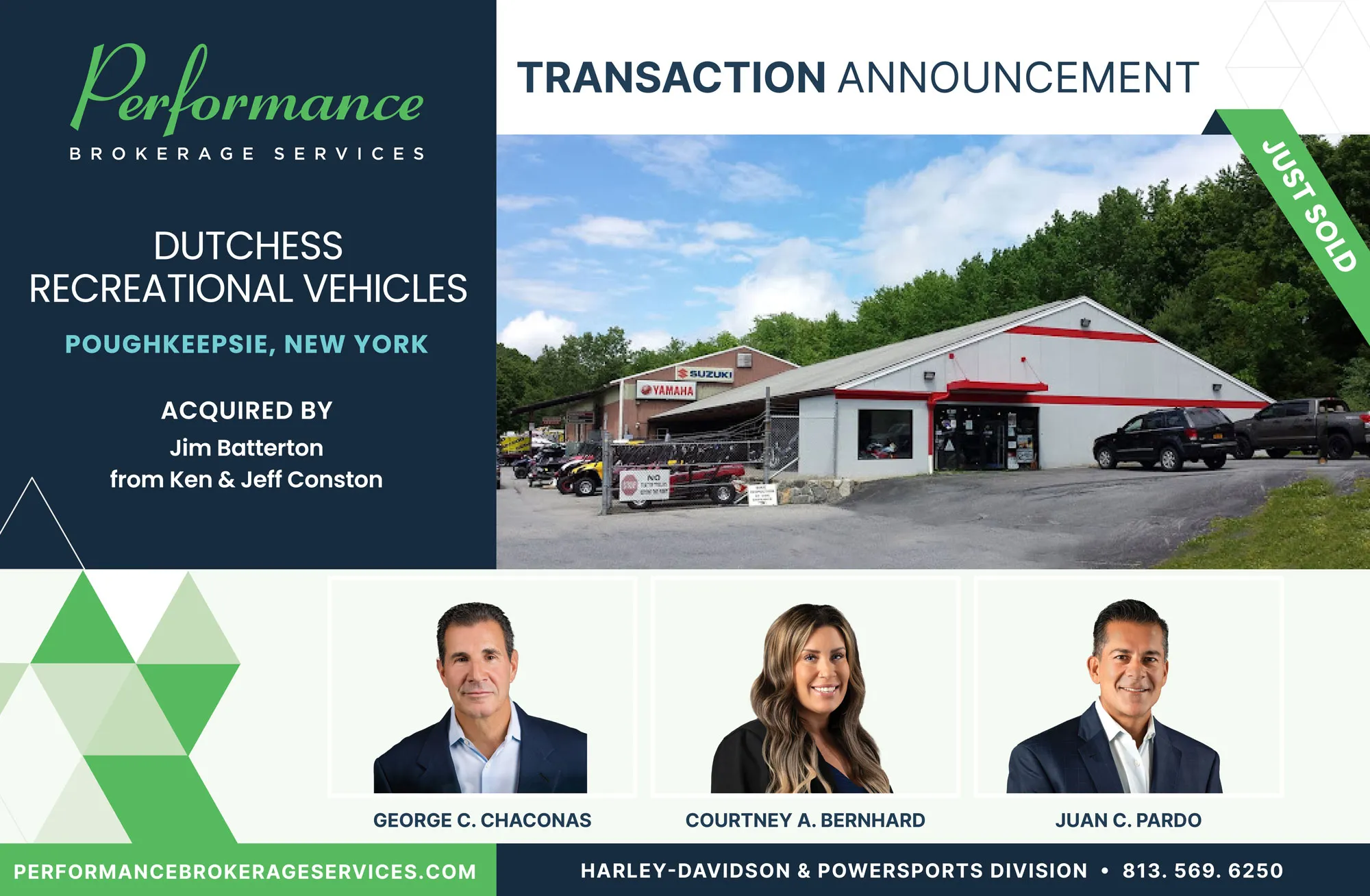As the automobile industry is slowly rebounding from the recession, so are the opportunities to buy and sell dealerships. We have suffered through nearly three years of stagnant transactions as sellers saw little value being offered and buyers were looking to bottom-feed on those owners who had to sell their dealerships.
Now, some dealership owners are again looking to expand their franchises and are offering prices that are acceptable for owners who would like to sell and even for some who still have a need to sell.
So it is important to remember that while buying and selling dealerships is not a science, there are some long-standing valuation approaches and other business principles for finding the fair value to bring buyers and sellers together.
When carrying out due diligence and looking at valuing a dealership, there are various aspects to consider–such as brand, franchise, location, real estate value and financing. Another consideration is whether the sale will be an asset sale or a stock sale. The parties also must determine how they can minimize the tax liability when drafting the buy-sell agreements.
Brand items that must be considered are import vs. domestic and highline vs. secondary brands. When looking at multiples for an import brand, many are selling today at four to seven times valuations for high-line (Mercedes-Benz, Lexus, BMW), two to five times for secondary brands (Honda, Toyota, Hyundai) and one to three times for domestics ( Ford, GM, Chrysler).
Therefore, as a buyer you must be aware of your budget and borrowing ability, and as a seller you must price your dealership realistically. There are many legitimate professional brokers with qualified buyers and sellers, but they will stay clear of you if amounts offered are unrealistic.
When looking at overall purchase price, update your forecasted model with the new expense structure based on new rent factors and cash flow for principal and interest on purchases of real estate and blue sky.
Amid the still-recovering vehicle sales environment, the dealership should have the ability to cover 50 percent to 60 percent of total dealership anticipated expenses via the fixed operations (service, parts and body shop), not just 50 percent to 60 percent of fixed expenses, as was previously the norm.
Buyers must also consider these questions:
- What are the requirements from the manufacturer as it relates to working capital, CSI, owning multiple franchises – questions that derive from the lessons learned in the GM and Chrysler litigations?
- What are the franchise laws in your state, and are they still protective of the dealer after all the bankruptcy litigation opinions issued?
- Is the manufacturer in a model refreshening mode or in a new model mode, and will this have a positive or negative effect on future sales?
As a buy or seller, the value could also be impacted by new dealers entering the market such as Tata or Mahindra.
When evaluating the dealership location, take into account the other dealers with the same manufacturer brands in your market, as well as other dealers who are competing for the same geographical customer.
One important issue to consider is whether the dealer buying your dealership will have you sign a non-compete agreement, when you have another dealership in that market (e.g. sell a Honda point and keep your Mazda point). You must also determine if the facility needs to be upgraded for the new plug-in electric vehicles or any other expense upgrades that could impact the dealerships value.
The acquisition of a franchise today also will require more working capital then in past years. The average real estate mortgage is 65 percent to 70 percent of Fair Market Value, rather than the 80 percent to 90 percent seen in past years. On a $10 million deal, that could mean $1 million more cash would be required. This also holds true on the financing of the blue sky, which may make it difficult to obtain financing. Another new source of financing involves the buyer assuming the seller’s liabilities, thus helping both parties.
Stock Purchases and Asset Purchases
When purchasing the stock of an entity, the buy-sell agreements usually state that the purchase price will be equity plus blue sky. The equity is to be determined under GAAP. As clear as this appears, there are many issues that could affect the valuation, such as:
- Impairment of goodwill adjustments.
- Real estate adjustment to Fair Market Value.
- Reduction of the net worth for SWAP obligations.
- Possible reductions for reserves for items such as tires for life or other customer we-owes.
When purchasing the assets, it is advisable to define which assets are being purchased (inventories, fixed assets, pre-paid items) and how each will be purchased within these sub-classes.
Working with Advisors
We highly recommend utilization of an experienced legal counsel who has been part of numerous buy-sells in order to protect the parties.
No party wants to re-negotiate the purchase price at closing, as this always leaves a bad taste in someone’s mouth. Legal counsel can advise you of potential threats from secured creditors, unsecured creditors and former partners, and on what can happen in the event that there is not enough money at closing to satisfy creditors.
When reviewing the financial statements, make sure they reflect the true profitability and find out if there are items that need to be added back to determine true operational income and cash flow.
Some items that may require adjustments are management fees, excess compensation, related party compensation and rent adjustments. If there are write-offs in pre-paid expenses, inventories or unrecorded liabilities, you must recast the financials to gain “real” expectations of the business earnings and cash flows.
Your attorney, CPA and broker will help with formation of entity, due-diligence procedures and timing, preparation of factory and bank pro-formas, review of outstanding leases, union contracts, review of pending litigation against the dealership, and regulatory and environmental issues, as well as the preparation of the buy-sell agreements.
When all is said and done, the value to pay or sell should be a combination of cash flow, net earnings, asset values future growth and facility needs. In addition, buyers and sellers should be aware of the important research and guidance that their CPAs and other advisors can provide in determining a price that is acceptable to both parties.
To contact Ira Silver, e-mail isilver@mbafcpa.com, or call (407) 237-3600.


